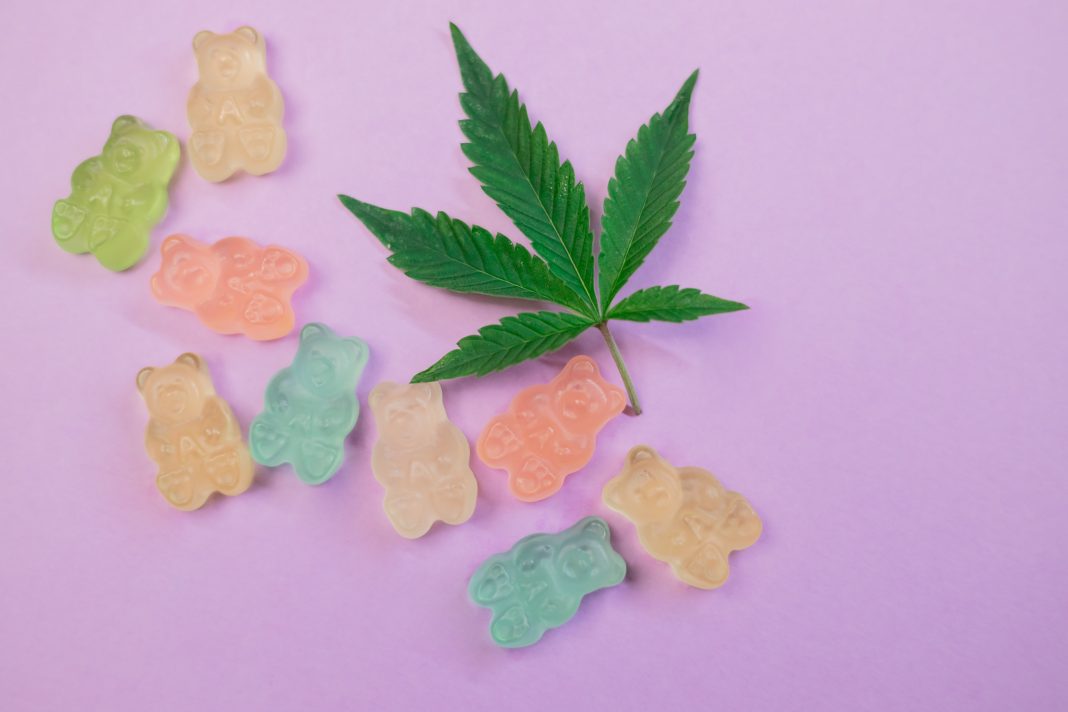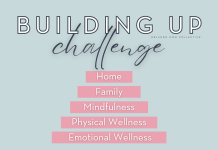Our kids go through a lot of changes during their teenage years. This can make it difficult to tell if they’ve begun using alcohol or drugs.
In teens, sudden changes involving the following 12 signs can help parents decide if it’s time to talk with their teen about possible substance abuse. The sooner substance use disorders are identified and treated, the better the outcomes.
1. Drug Paraphernalia
Drug paraphernalia refers to any items used when making or ingesting drugs. Here are some examples:
-
smoking pipes
-
rolling papers
-
roach clips
-
bongs
-
tin foil
-
burnt spoons
-
syringes
-
razors
-
small plastic baggies
If your teenager is using drugs, you may find these items in their room, vehicle, or other personal space.
2. Changes in Sleeping Habits
The younger a person is, the more sleep they need. For teens, the required amount is eight to 10 hours per night. Both illegal and prescription drugs can throw off sleep schedules. Stimulant drugs like methamphetamine, cocaine, and prescription amphetamines can make it difficult to fall asleep and stay asleep.
Alcohol, benzodiazepines, opioid painkillers, and other depressant drugs, on the other hand, can increase drowsiness while preventing deep, restful sleep. This could make your teen feel tired all the time.
3. Drastic Weight Loss or Gain
Fluctuating weight during the teenage years is normal, with puberty typically contributing to weight gain. Any sudden change in weight past puberty could be a sign of drug abuse. Stimulant drugs such as meth and cocaine can significantly reduce appetite and cause weight loss.
Other drugs can lead to weight gain. For example, if your teenager has an alcohol addiction (also called alcohol use disorder), the calories from the drinks will add up and likely cause an increase in weight over time. Alcohol use can also delay sexual development in teens.
4. Loss of Motivation
Drug use floods the brain with dopamine, a neurotransmitter (brain chemical) related to pleasure, reward, and motivation.
As drug use continues, the body begins to produce less of its own dopamine because the brain is already being overloaded with it. As a result, your teen may struggle to feel motivated unless they’re using drugs. This can lead to neglecting their responsibilities at school or home.
5. Loss of Interest in Activities
High school exposes teens to all sorts of new activities that can fill their calendars. However, if your teenager suddenly doesn’t want to spend any time with you and other family members or is spending increasing amounts of time alone, they could be struggling with drug abuse.
All that dopamine in the brain can zap motivation and make it difficult to enjoy activities once found pleasurable or engage in new ones.
6. Needing Money for Unclear Reasons
Teenagers always seem to need money. Suddenly asking for money more often and lying about why they need it could be a sign that they’re using the money to pay for drugs or alcohol. You might also notice that money or valuables go missing.
As tolerance and addiction develop, more of the substance is needed to get the same initial effects. This makes it more expensive to keep using the substance.
7. Mood Swings and Personality Changes
Although your teenager is going through a period of change, any sudden and drastic changes in mood or personality could indicate drug use or addiction.
Stimulants could cause your teen to be extremely excited one moment and fearful or agitated the next. The use of alcohol or other depressants can cause feelings of hopelessness, fatigue, irritability, and other symptoms of depression.
8. Changes in Their Friend Group or Problems with Friends
The teenage years are a great time for making new friends. However, repeatedly breaking curfew or being secretive about plans could be signs that need your attention.
Similarly, mood swings, a lack of interest in hanging out, and other behavioral changes related to drug use could hurt friendships. Your teen might feel ashamed about their drug use and isolate themselves or only want to spend time with other people who are using drugs.
9. Poor Personal Hygiene
Drug use can become an all-consuming activity for people of all ages. If your teen suddenly doesn’t seem to notice or care about their personal hygiene, this might be something to look into. For example, they might forget to brush their hair or teeth, wear dirty clothes, or shower less, which can lead to increased body odor.
10. Cognitive Issues
The still-developing teenage brain is particularly vulnerable to damage caused by drug abuse. This includes damage to parts of the brain responsible for the development of cognitive skills. Look for cognitive issues such as:
-
poor memory
-
short attention span
-
difficulty with decision-making
-
difficulty learning new things
These issues can negatively affect your child’s ability to complete schoolwork and even basic household chores. They can also set your teenager up for lifelong substance abuse.
11. Unexplained Marks
Seeing unexplained wounds on your teenager can be very disturbing. Scars, bruises, and other marks that seem to appear without cause could be linked to drug use. For example, needle marks (or “track marks”) usually develop on people who inject drugs.
If your teen is using meth, they might develop scabs from scratching themselves due to a condition called meth mites. This is a meth-induced condition where bugs seem to be crawling on or underneath the skin.
Other substances may cause different skin conditions or marks, ranging from alcohol-induced redness in the face to wounds from accidents while intoxicated.
12. Withdrawal Symptoms
Drug or alcohol addiction can lead to a reliance on the substance in order to function normally. This means that if your teenager stops using the substance, they will experience withdrawal symptoms, which can include:
-
depression
-
tremors
-
muscle aches
-
trouble sleeping
-
hallucinations
Withdrawal symptoms will vary depending on their body and the type of drugs used.


















